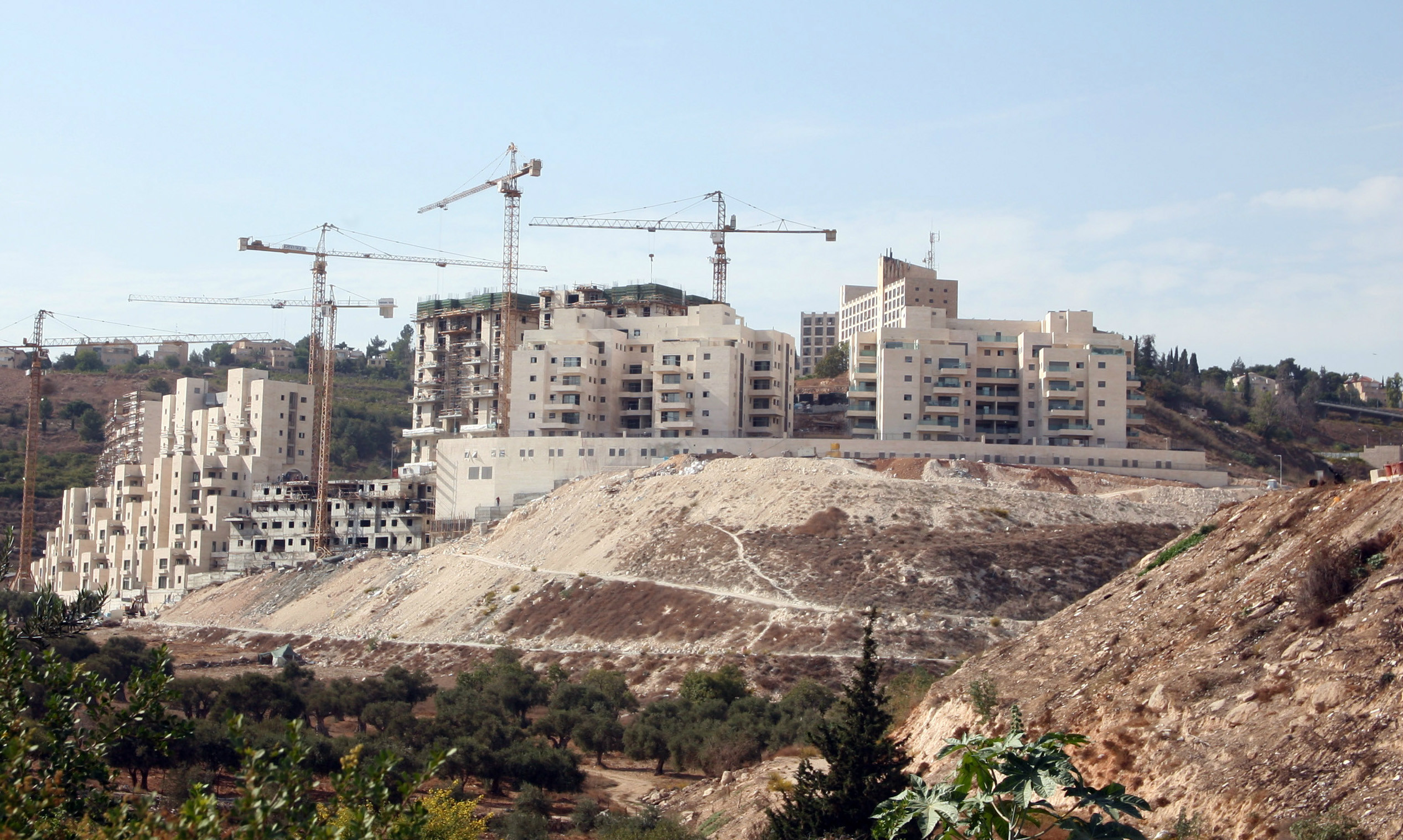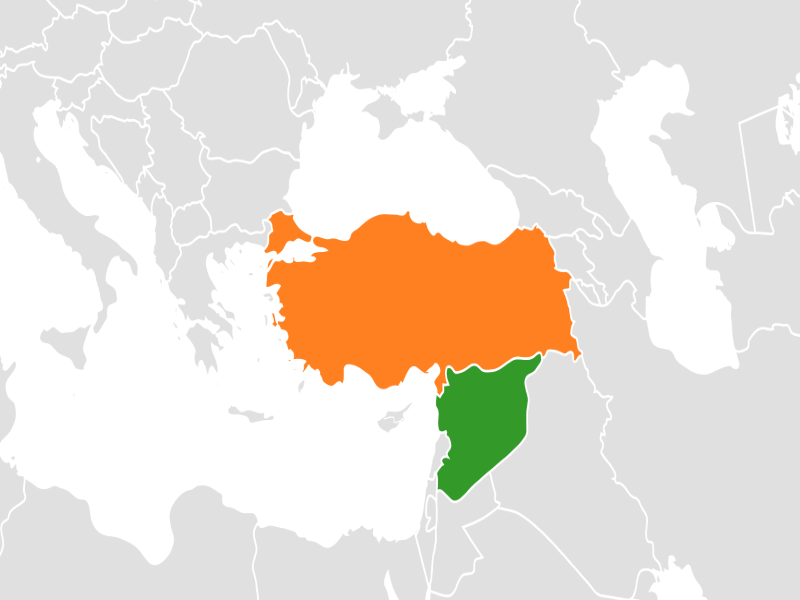“This changes everything.” That was the prevailing sentiment following the disastrous terrorist attacks in Paris on Friday. Asymmetric warfare from non-state actors has so risen as a threat that it must be combated with the same degree of vigilance as conventional warfare. ISIS has waged war on a civilized world that is ill prepared with methods to combat it. Its contempt for human life combined with its seeming lack of concern with self preservation make it an extremely difficult foe to face. How does one attack an enemy one cannot locate and who does not fear reprisal? ISIS has a flag, but its members do not exactly wear it on their shirts or wave it on a battlefield. Their modus operandi is to hide among civilian populations, in the case of France to enter among asylum seekers, and to strike at targets that cause the highest degree of casualties. What we should do now is the question facing policymakers across the globe who must consider their domestic security and also foreign offensive measures to curtail the threat.
Solidarité for France will require more than just an emotional plea, more than Blue, White and Red lit monuments and more than a Facebook filter. Solidarité should entail a united front from world leaders to ensure that these events are not emblematic of the 21st century. Allies and old foes alike should collaborate in a concerted effort to rid themselves of a common enemy. French President Francois Hollande called for states to set aside difference and to “fight this terrorist army in a single coalition.” Coalition initiatives can include attacking ISIS directly by airstrikes in Iraq and Syria, arming and training allied rebels such as the Kurdish and Nusra forces on the ground, obtaining intelligence to intercept communications, dismantling recruitment networks, and working to eliminate ISIS’ base of economic support. World leaders should coordinate efforts based on their country’s individual strengths and what needs to be achieved.
The degree of success that recent measures have had remains to be seen. France has retaliated over the weekend by deploying 10 aircraft and dropping 20 bombs over Raqqa in Syria which is the de facto capital of ISIS. The United States and Russia have both commenced bombing campaigns in Syria, but have done so with different objectives and without open channels of communication. Russia has focused on targeting ISIS outposts with bunker-busting bombs and committing to pressure groups out of Raqqa where they command the oil fields, while the U.S. has led a program to arm and train 5000 Syrian rebels to fight ISIS on the ground. Canada has provided support through Operation IMPACT, which is a combination of reconnaissance missions, refuelling coalition aircraft and logistics support. Turkey has aided with allowing coalition forces to use its air bases and supplies for conducting military strikes, and Britain has provided non-lethal support to rebels including medical supplies, water purification, mobile phones and radar equipment.
These efforts have served to undermine ISIS strongholds in Iraq and Syria, but the nature of the threat has never been confined to a single territory, which is what makes the threat so challenging. Military interventions in the ISIS-controlled regions are met with threats and even rationalizations for atrocities on civilian targets such as the Paris attacks or the downing of Metrojet Flight 9268, for which ISIS proudly took credit. There is a unique political conundrum when it comes to military action. On one hand, terrorist attacks generate a constituency in favour of intervention; while on the other, providing a sobering reminder that intervention will invariably make one a retaliatory target.
It is clear now more than ever that the rules of war have changed. Non-state actors on the periphery have the capacity to compromise the security of states. This is not a conventional threat and must therefore be dealt with differently. The popular response of levying economic sanctions on an aggressor does not apply to ISIS as it is not a state and by extension will not fight like a state. World leaders must understand that intelligence agencies may not know every source of military and economic support that these actors possess or where they are located. This is why it is critical to fight this war on multiple fronts with the unified support of as many states as possible.




